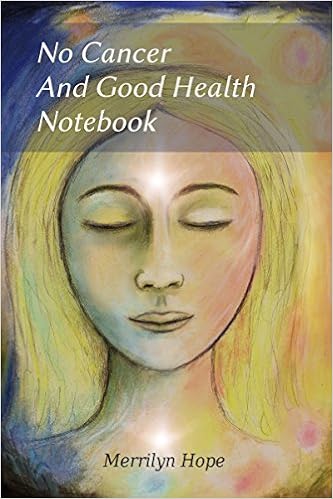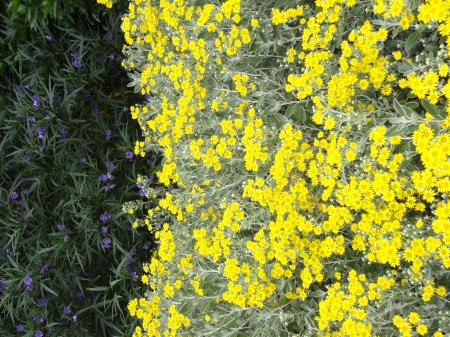Medicinal Apples To Help Prevent Disease.
The health benefits of apples, especially those of the heritage variety, are truly remarkable.
Heritage apple trees, generally speaking, have a higher vitality, and a higher resistance to disease, than more modern commercial varieties.
It really is a very worthwhile thing to plant some heritage apple trees in your garden, such as the New Zealand Takapuna Russet, Northern Spy, Worcester Pearman, Sturmer, Lord Wolsely, and the cider apples Sidero Cidre and Yarlington Mill.
80% of the old heritage apples in America have died out due to modern commercial operations. This is a very good reason to make the effort to plant some heritage varieties if you can.
Just this past week, I have been planting up a community orchard of heritage apple trees, and I am very fortunate to have a Takapuna Russet included in this garden of, so far, 21 trees.
The Takapuna Russet is one of the best apples to grow for your health, according to recent research. It is very high in vitamin C and other antioxidants. The Sturmer and Northern Spy, which are also part of my collection, are also well-known for their high Vitamin C content.
Others highly recommended for their phyto nutrients and polyphenols are the Belle de Boskoop, Bramley Seedling, Golden Russet and the Liberty. Liberty is, according to the Raintree website, one of the highest in antioxidants available.
http://www.raintreenursery.com/Apples.html
Dr Max Gerson famously used a grated raw apple, served with oatmeal porridge each morning, as part of his alternative cancer treatment. One whole, organic apple, skin and all, was grated and eaten every day by his cancer patients. Other important components to his diet were vegetable juices and salads, castor oil, to be taken every second day, and daily enemas.
Apples are rich in flavanoid antioxidants and benefical phytochemicals which are believed to help to prevent diseases such as cancer, diabetes and heart disease. More about research on this below. Apples are also high in fibre, which is also important in resisting disease and in treating it.
Eating raw apples can help to prevent asthma attacks, according to a UK survey of 1,500 people. This study showed that people who ate two or more apples per week were 22%-32% less likely to get asthma than those who did not eat this amount of apples. Read this in ‘Food Is Better Medicine Than Drugs’, written by Patrick Holford and Jerome Burne, 2006. Piatkus Books Limited, London.
These vital, natural, disease preventing chemicals of the heritage apple are found mostly in the skin and just under the skin of the apple, which is why you should eat the whole, unpeeled apple, and why unsprayed fruit should be sought or grown.
The pips of the apple are also high in beneficial compounds, especially in laetrile, or vitamin B17, which has been shown to be effective in helping to reduce some cancers.
Note: Be cautious in your use of the apple pip. If you are treating a disease such as cancer, then you need to build up your dose of laetrile gradually. Begin with just four or five pips per day and, depending on body weight, increase the dose to around ten to fifteen per day, to be eaten in divided doses.
Again, it is important to use unsprayed organic apples if you are going to be eating any of the pips, since the toxic chemicals used in spraying build up in high concentrations in the pips and kernels of fruit.
The old-fashioned heritage varieties of apple are, without a doubt, superior to most modern varieties of apple in many ways. Many of the heritage varieties have been shown by researchers to have a much higher quantity of these antioxidants and phytochemicals which help to prevent and fight diseases such as cancer.
Following trials already done overseas, research began in New Zealand in 2002 to compare the nutrient value of some older NZ apple varieties to more modern, sweeter, commercial varieties. This research was called ‘The Apple Cancer Research Project’.
Some of the findings of these 2002 New Zealand studies were published by The New Zealand Tree Crops Association in March, 2004. In this publication,
http://www.treecrops.org.nz/resrch/apple/applecanc.html
it was pointed out that the old-fashioned Red Delicious was higher in almost all nutrients to its modern-day equivalent, the Pacific Rose. The only beneficial compound to have higher levels in the Pacific Rose, over the Red Delicious, was chlorogenic acid. This compound, chlorogenic acid, is a powerful antioxidant. However, there were other varieties of heirloom apples which proved to have an even higher content of antioxidants than even the Red Delicious.
The two heritage varieties in these NZ trials which stood out from all other varieties, rating higher than any other apple in almost all nutrient categories, were the Hetlina and Monty’s Surprise. So watch out for these varieties.
These two varieties along with ‘Fairbelle’, topped the list for the powerful antioxidant, chlorogenic acid. You will see that the flesh contains the higher amount, over the skin. But this is not an indication that the flesh is necessarily better for you than the skin, because there are other important cancer-preventing chemicals contained in the skin. The antioxidant quercetin is found in high quantities in the skin of the heritage apples.
The following comparisons for chlorogenic acid will give you some idea of the exceptional nutritive quality of these heritage apples.
Hetlina rated 1115.7 in the flesh, 117.3 in the skin.
Fairbelle 783 rated in the flesh, 56.5 in the skin.
Monty’s Surprise rated 614.5 in the flesh, 86.3 in the skin.
Egremont Russet 391.2 in the flesh, 73.8 in the skin.
Red Delicious 178.7 in the flesh, 3.3 in the skin.
Pacific Rose 306.7 in the flesh, 29.2 in the skin.
So – the research shows that heritage apples are overall much higher in nutritive value than modern commercial varieties. Kentish Filbasket, Sweet Alford, Apple Mother, Cox’s Orange, Gravenstein, Northern Spy, Sturmer, Takapuna Russet, Red Delicious, Sidero Cidre, Yarlington Mill, and many other old heritage apples are very good trees to grow for their health benefits.
Personally, I love the Belle de Boskoop which comes from the Netherlands. It originated from a chance seedling around 1856, and is now widely spread across Europe. According to Wikipedia, the Belle de Boskoop apple beats the Granny Smith for Vitamin C by up to four times as much.
You will also find these old-fashioned trees to have a higher resistance to disease, which means you have to worry less about black spot and other fungi or insects spoiling your crop.
The Heritage Russet apples were thought to be especially good for preventing and treating diabetes, as well might we guess, but more research is needed to make a scientific claim.



